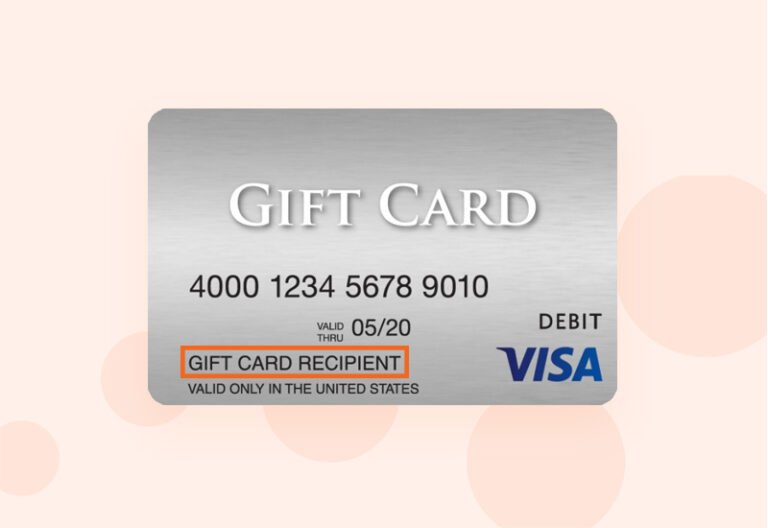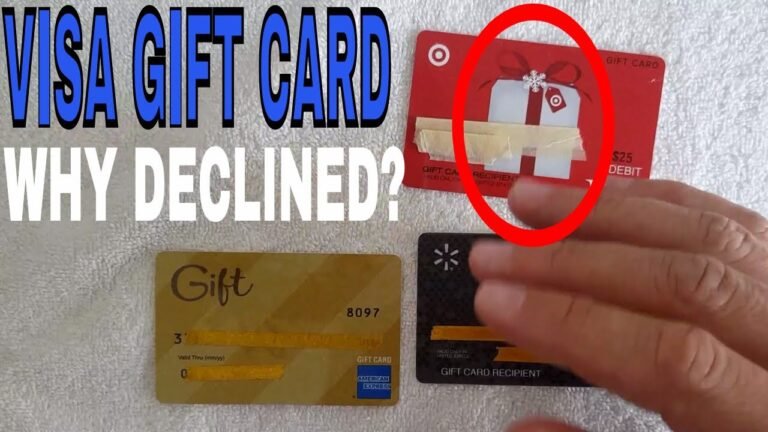Can I Use Credit Card for Car Down Payment
You might be surprised to learn that using a credit card for a car down payment is an option, but it's not as straightforward as it seems. While some dealerships may allow it, others might impose restrictions due to processing fees or potential impacts on your credit score. Before you decide, it's essential to weigh the benefits against the drawbacks and consider how this choice could affect your overall financial health. What factors should you really be considering to make the best decision for your situation?
Understanding Down Payments
When considering the purchase of a car, do you know why a down payment is essential for both your financial health and the overall cost of the vehicle? A down payment reduces the amount you need to finance, which lowers your monthly payments and total interest paid over the life of the loan. It also demonstrates to lenders that you're financially responsible, potentially improving your loan terms. Additionally, a substantial down payment can help you avoid being upside down on your loan, where you owe more than the car's value. This financial cushion can provide peace of mind, ensuring that if life's unexpected events occur, you're less likely to face severe financial strain. Prioritizing a down payment is a smart, safety-focused decision.
Credit Card Usage Overview
Using a credit card for a car down payment can be a strategic financial move, but it's important to understand the potential implications on your credit score and overall financial health. When you make a large purchase on your credit card, it can greatly impact your credit utilization ratio, which might lower your score if you exceed 30% of your credit limit. Additionally, carrying a high balance can lead to increased interest charges, affecting your ability to manage other expenses. It's crucial to assess whether you can pay off the balance promptly. Furthermore, not all dealers accept credit cards for down payments, so confirming acceptance before proceeding is essential. Understanding these factors can help guarantee your decision aligns with your financial goals.
Benefits of Using Credit Cards
Credit cards offer several advantages that can enhance your purchasing power and provide financial flexibility, especially when making significant investments like a car down payment. By utilizing credit cards, you can benefit from rewards programs, build your credit score, and enjoy purchase protection.
| Benefit | Description | Consideration |
|---|---|---|
| Rewards Programs | Earn points or cash back on purchases | Check card terms for limits |
| Credit Building | Timely payments can improve your credit score | Maintain low credit utilization |
| Purchase Protection | Many cards offer fraud protection and warranties | Verify specific card benefits |
| Emergency Funds | Access to funds in case of unexpected expenses | make sure you can repay easily |
These factors can contribute positively to your overall financial strategy, making credit cards a viable option for your down payment.
Drawbacks of Credit Card Payments
While credit cards can provide convenience for making a car down payment, they also come with considerable drawbacks that could impact your financial health. First, using a credit card may lead to high-interest charges if you can't pay off the balance quickly. Unlike traditional loans, credit cards often have higher interest rates, which can escalate your total cost. Additionally, charging a large sum can markedly increase your credit utilization ratio, potentially lowering your credit score. In addition, some dealerships may charge processing fees for credit card transactions, negating any benefits. Finally, relying on credit cards might encourage impulsive spending or lead to debt accumulation, making it essential to weigh these risks against the convenience.
Lenders' Perspectives on Credit Cards
Many lenders view the use of credit cards for car down payments with caution, as it can signal potential financial instability or risk to their investment. They typically assess your creditworthiness based on your overall financial behavior, and relying on credit cards for a significant payment may raise red flags. Lenders prefer a down payment that demonstrates your ability to save and manage funds responsibly. This preference is rooted in the belief that a substantial down payment reduces the loan amount and mitigates their risk. If you're considering using a credit card, be prepared for lenders to scrutinize your financial situation closely, which could impact your loan approval chances or the terms they offer.
Alternative Down Payment Options
When reflecting on a car purchase, exploring alternative down payment options can provide flexibility and potentially improve your financing terms. Here are some alternatives to reflect on:
- Trade-in Vehicle: You can use your current car's value as a down payment, reducing the amount you need to finance.
- Personal Savings: Utilizing your savings can offer a straightforward and debt-free way to make a down payment.
- Gifts or Loans: Family or friends might be willing to help with a monetary gift or loan specifically for your down payment.
- Employer Assistance Programs: Some companies offer financial assistance for transportation, which can be applied to your down payment.
Credit Card Rewards and Benefits
Leveraging credit card rewards and benefits can greatly enhance your purchasing power when making a car down payment. Many credit cards offer cash back, points, or travel rewards that can be accrued through everyday spending. By utilizing these rewards, you could effectively lower the overall cost of your vehicle. It's important to choose a card with favorable terms, such as no annual fees or low interest rates, to guarantee you're maximizing benefits without incurring unnecessary costs. Additionally, some cards provide purchase protection, which can offer peace of mind in case of issues with the vehicle. However, always assess your ability to pay off the balance promptly to avoid accumulating debt and impacting your financial stability.
Financial Impact of Using Credit
Using credit for a car down payment can greatly affect your overall financial health, influencing both your immediate budget and long-term credit profile. Here are some key financial impacts to reflect on:
- Credit Utilization: Charging a large amount can increase your credit utilization ratio, potentially lowering your credit score.
- Interest Rates: If you can't pay off the balance quickly, interest charges can accumulate, making your car more expensive.
- Debt-to-Income Ratio: A higher credit card balance can negatively impact your debt-to-income ratio, affecting future loan eligibility.
- Cash Flow: Using credit may strain your monthly budget if you're unable to manage payments effectively.
Being aware of these factors can help you make informed decisions about using credit for a down payment.
Tips for Using Credit Cards Wisely
Smart credit card management can help you maximize benefits while minimizing risks associated with using credit for a car down payment. First, always monitor your credit utilization ratio; keeping it below 30% can positively affect your credit score. Next, stay aware of your interest rates—if they're high, consider paying off the balance quickly to avoid accumulating debt. Use rewards strategically; choose a card that offers benefits aligned with your spending habits. Additionally, set reminders for payment due dates to prevent late fees. Finally, review your credit report regularly to catch any discrepancies early. By following these tips, you can use your credit card wisely and maintain financial safety throughout your car-buying process.
Making an Informed Decision
Understanding the implications of using a credit card for your car down payment is essential for making an informed decision that aligns with your financial goals. Here are four key factors to take into account:
- Interest Rates: Credit cards often have higher interest rates than auto loans, which can increase your overall cost.
- Credit Utilization: Using a large portion of your credit limit can negatively impact your credit score.
- Rewards vs. Fees: Weigh potential rewards against any transaction fees that might apply.
- Payment Terms: Be mindful of your ability to pay off the balance quickly to avoid accruing interest.



